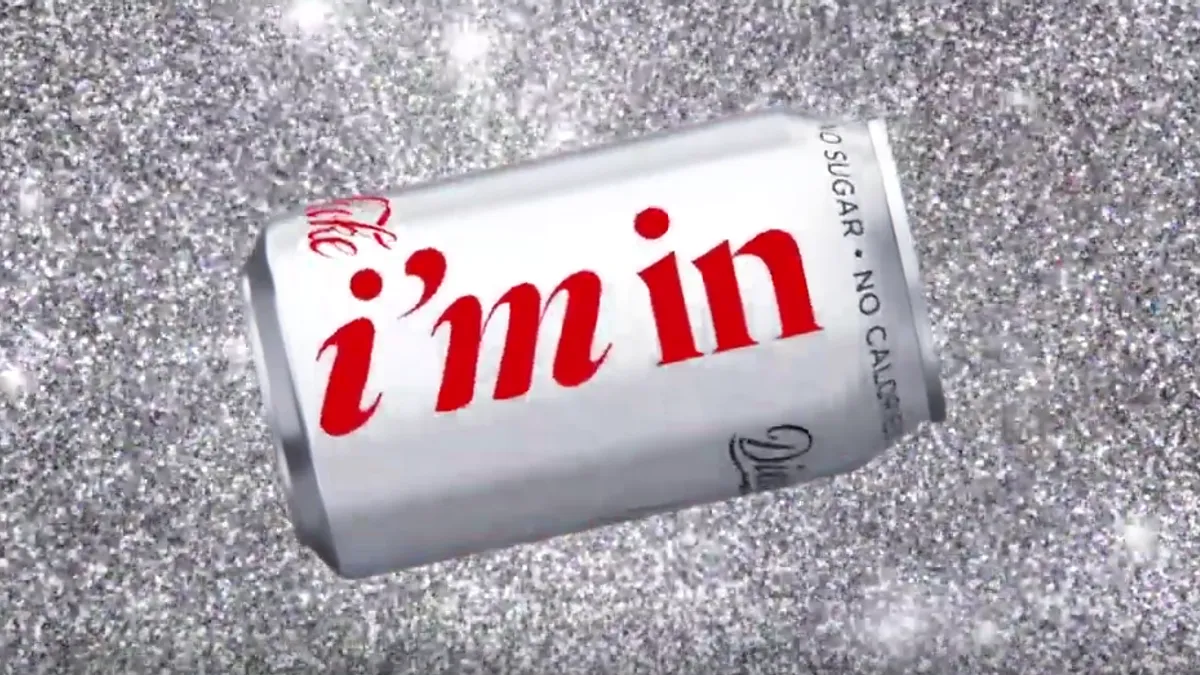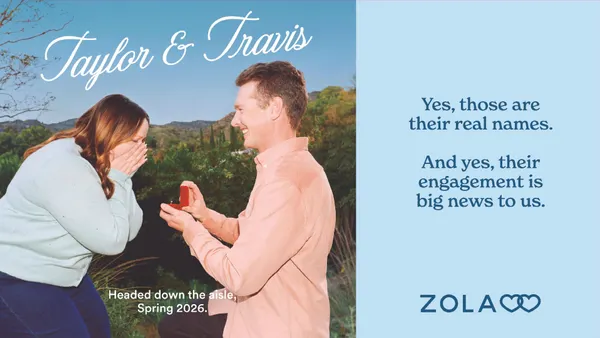Dive Brief:
- Diet Coke is launching a new integrated creative campaign in the U.K. that celebrates popular, multipurpose phrases for when "you just can't find the words," according to a press release.
- Called "You Do You" and created by Wieden + Kennedy, the campaign includes two TV ads and eight limited-edition can designs featuring phrases like "can't even," "okay, next," "okay, but no," "get it," "yaasss" and "it's lit."
- Out-of-home advertising is also part of the effort and, in a partnership with Snapchat, the brand will let users choose a face lens showing one of the phrases.
Dive Insight:
The U.K. campaign — the first under new marketing director for Coca-Cola Great Britain and Ireland, Kris Robbens — is trying to position Diet Coke as a key part of popular culture. It's the latest effort to maintain Diet Coke's recent upturn after years of a downward slide that's part of a broader slump across the soda industry.
Coca-Cola says the phrases celebrated in the campaign are ones many people use to express how they're feeling when other words fail. The goal of the effort is to encourage consumers to enjoy everyday moments when they're being themselves and embracing cultural trends.
One of the TV spots in the new campaign shows two elderly women browsing a Tinder-like dating app. The ad celebrates a shared experience and shows hardly any Diet Coke products or imagery.
"I'm in, 100% my type right?" texts one woman to the other sitting next to her as they view images of potential matches on the dating app. One of the possible suitors, a shirtless 84-year-old man, is briefly seen drinking a Diet Coke.
"Not looking for long-term though, am I babes?" one woman laughingly says to the other.
The "You Do You" campaign is Diet Coke's latest move to become part of the cultural conversation. In June, Diet Coke introduced label-free cans that had no logos but still featured an identifiable, red vertical stripe. The intent, the brand said, was to challenge stereotypes about class, race, gender and other classifications by creating "a safe and open space" for consumers.












